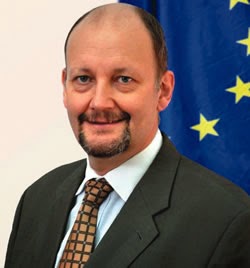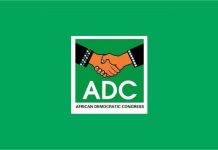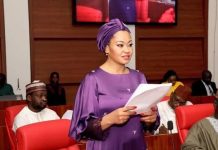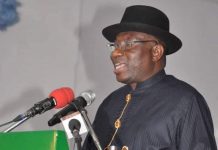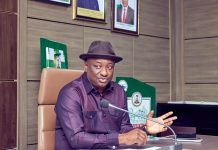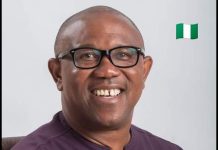The Head of European Union Delegation in Nigeria, Michel Arrion, in this interview with ADELANI ADEPEGBA, challenges Nigerians to uphold their status as the biggest democracy in Africa
How long have you been in Nigeria and what has been your experience?
I arrived in Nigeria in October 2013. I came in from Rwanda where I had spent four years. Before then, I was in Ivory Coast, Liberia and Mali. Thus, I have relatively large experience of West Africa and Africa.
What is EU’s relationship with Nigeria and what areas do you think Nigeria’s government needs to improve?
There are two things: first of all, institutions. I think globally, Nigeria has made a lot of progress in terms of deepening democracy in this country, from military rule to civilian rule, from one single man to a group of people, from one single party to bi-partisan system, almost bi-partisan system. So, in the long term, you see a progression with all kinds of hiccups and difficulties, but the trend is good and is accompanied by basic freedoms and liberties. These include: media freedom, freedom of speech, freedom of religion and freedom of belief. Those are the core of freedoms and liberties for citizens. It’s more than a declaration of human rights, but it’s a declaration that is translated into reality. I think one can assume there is freedom of press here and freedom of belief. But it is not enough. Social and economic rights are really not guaranteed in this country, de facto and efficiently. Maybe on paper and in the constitution, they are, but in reality, they are not. Here, I want to emphasise also that it is important also for those who believe that it is more important to develop the economy or the business or growth rather than re-distribute everything to the poor. To really develop in a sustainable way the economy, you need not only democracy, but you need also to re-distribute social benefits to the people and to do that is a question of leadership and people. It is also a question of institution. Therefore, strengthening the institutions, not on paper, but in reality is absolutely key. We are working a lot in those sectors related to rule of law, democracy, human rights, elections, and police and criminal justice. There are a lot of things to do to really defend basic rights of the people who were in prisons, who were involved in any case of criminal proceedings.
If the election was rigged, should the loser accept the result?
First of all, it is not black or white. There will always be places where people would try to rig. In every country in the world, you always have people doing that kind of thing. There is a large spectrum of possibilities, so it is not yes or no. What is more important is not to judge whether the process has been rigged or not. The main point is, is the final result really reflecting the will of the population? I don’t believe 100 per cent polling units will be opened from 8 to 5 to give a chance to everyone to vote. There would be problems, we will have a storm, heavy rain somewhere, it may be impossible to reach a polling unit, we will have all kinds of incidence, but what will be the impact on the final result is more important.

